
The Delta State Police Command has rescued seven young men allegedly held captive and tortured in an apartment in Warri by a suspected syndicate operating under the name “Hustlers’ Kingdom”, which reportedly promised to train them in internet fraud, popularly known as “yahoo yahoo”.
The victims were freed after police operatives raided the location, following the daring escape of one of them.
Spokesperson for the command, SP Bright Edafe, said in a statement on Sunday that the operation was triggered when a 28-year-old victim, identified as Chukwuike, jumped through a window to flee the apartment and alert security agents.
“Chukwuike revealed that he had spent over two months in the apartment, where he and others were routinely starved, beaten and denied access to their mobile phones,” the PPRO stated.
Chukwuike was quoted as saying, “We barely ate. Sometimes we ate once a day, then went four days without food. Anytime we said we wanted to leave, the chairman beat us with a cane. That was why I jumped from the window. The marks on my back came from the beating because we didn’t have a paying client.”
Another victim, aged 23 and from Benue State, said he had been held for about a month and repeatedly prevented from going home.
Edafe said the rescued victims had visible injuries, confirming they were severely whipped by their captors.
Police operatives subsequently stormed the apartment, rescued all seven victims and arrested two suspects alleged to be the “chairmen” of the HK ring.
The police spokesman said the victims were receiving medical attention while the suspects remained in custody and would face charges including human trafficking, unlawful confinement, assault and exploitation.
He added that investigations were ongoing to track other similar criminal networks in the state.
Edafe urged parents and community members to remain vigilant, warning that criminals were increasingly disguising torture camps as training centres.
“We will continue to clamp down on syndicates exploiting our youth. Protecting young people from harm and manipulation is a priority for the Delta State Police Command,” he added.








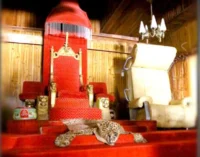
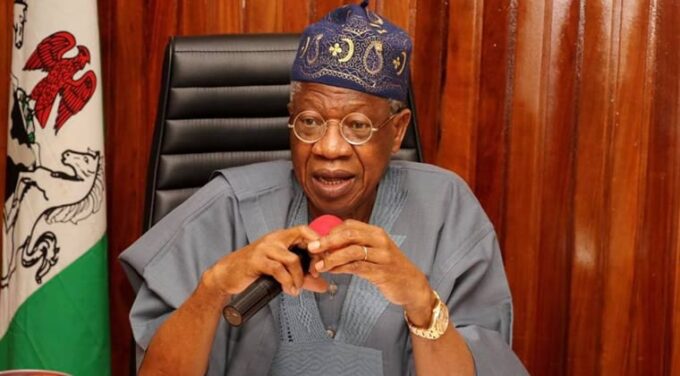
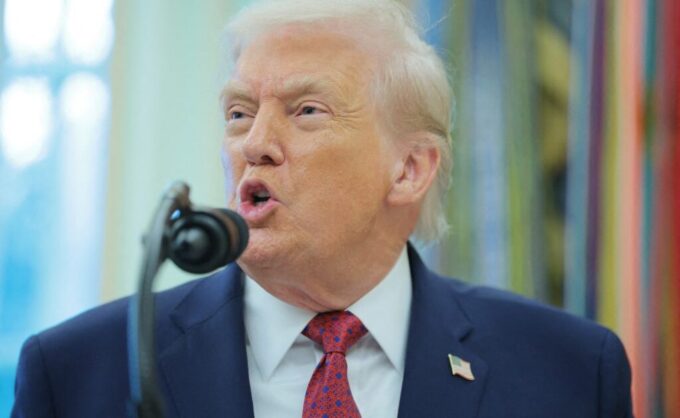
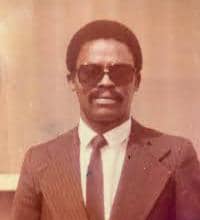



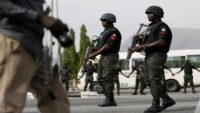

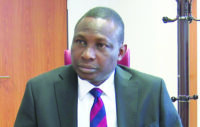
Leave a comment